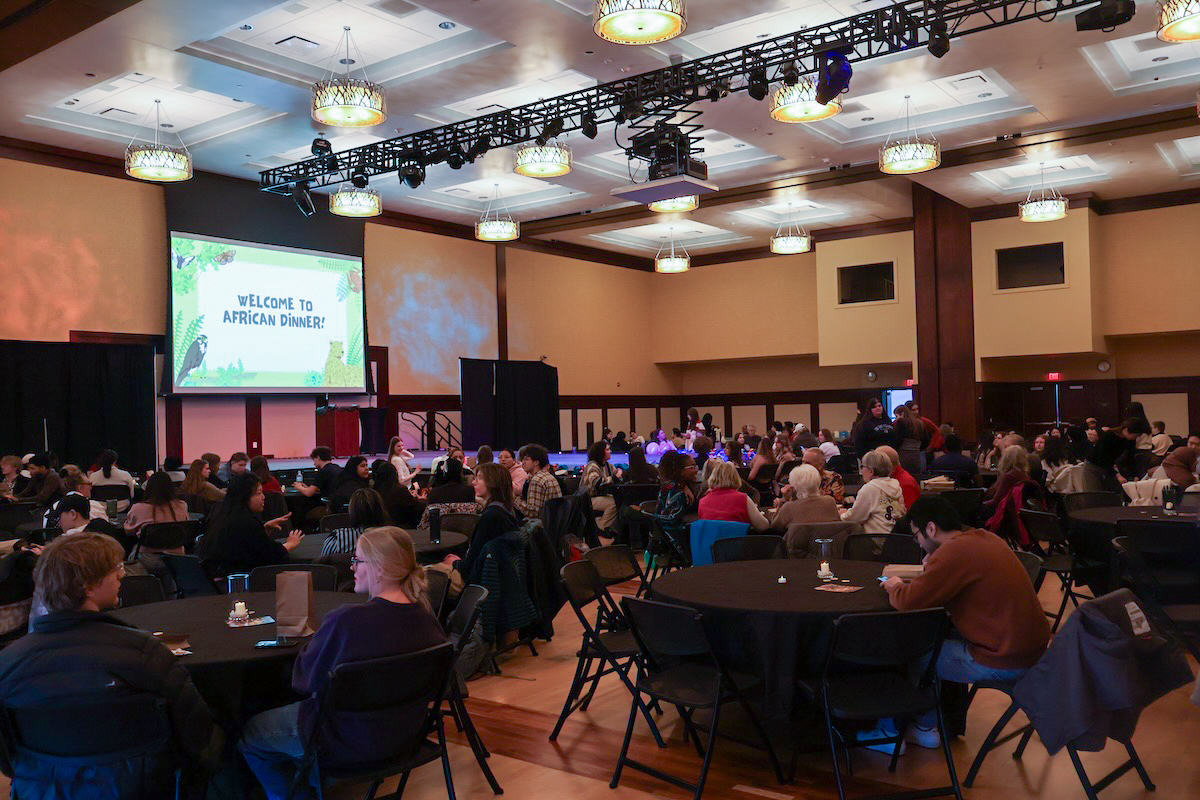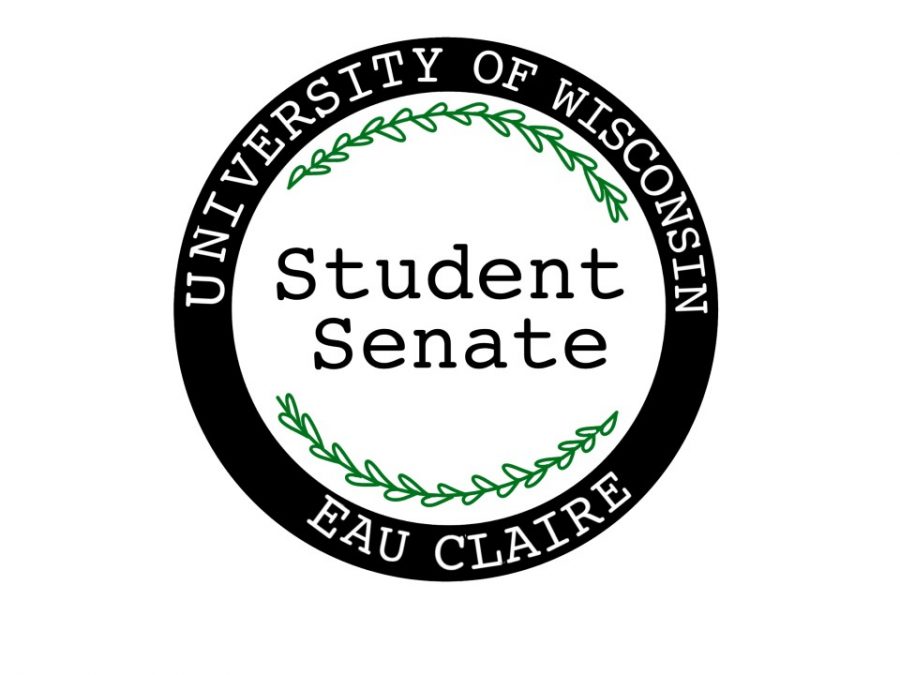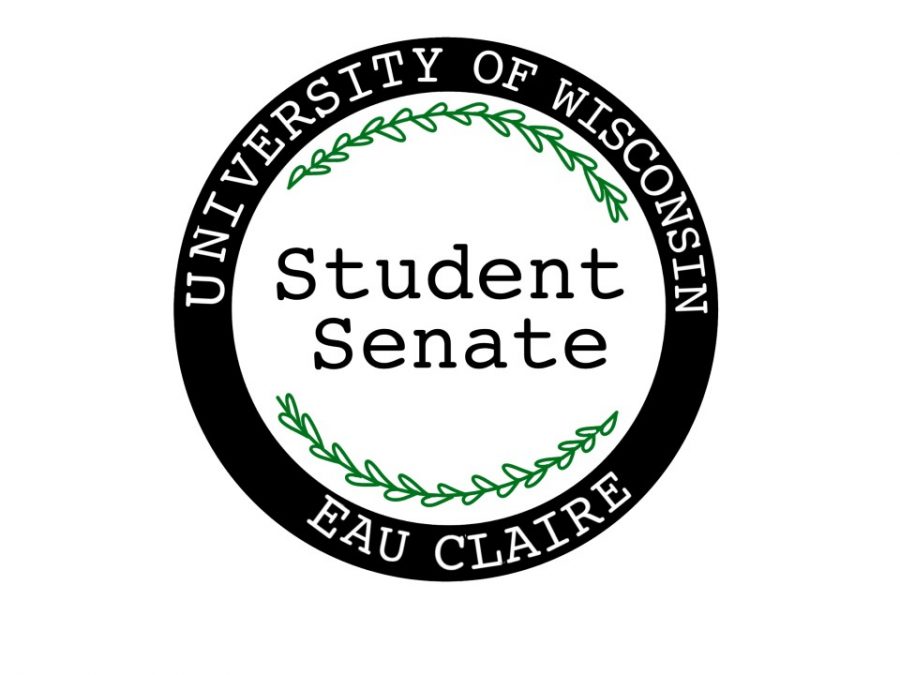UW-Eau Claire faculty could be among the first in the UW System to form unions, followed by UW-Superior.
Thomas Kemp, professor of economics, said there are also six other institutions moving forward with the formation of unions at their respective campuses by the end of the calendar year. The 2009-2011 biennial budget extends collective bargaining rights to all system faculty and academic staff.
To signal that there should be an election for collective bargaining rights at UW-Eau Claire, campus collective bargaining representatives passed out authorization cards to faculty. An authorization card states that the signer wishes to have an election on collective bargaining and that the American Federation of Teachers should be a union option on that ballot.
On the authorization cards passed out, just over 70 percent of faculty members returned signed ballots saying they were willing to have a vote on the issue and they wanted to have AFT on the ballot, Kemp said. To hold an election, WERC requires that 30 percent of the bargaining unit return signed cards.
Kemp said the signed cards were submitted to WERC over a week ago and said he expects them to approve the cards soon.
Student Sen. Collin Hawkins brought a resolution to Student Senate during a March 8 general meeting to promote support for the upcoming resolution. The resolution passed 22 to 5 with two abstentions.
Sen. Mark Morgan said he could see the need for faculty to organize under a union, he was concerned about Student Senate supporting this without knowing the long-term impacts it would have on students. Morgan added that he was also worried about how it’s legal for unions to merge with other regional unions.
“I think one of the problems that presents (itself) is that when you have unions from UW-Eau Claire . and some of the bigger schools is, one, Eau Claire isn’t going to be the primary concern anymore,” he said. “It’s just faculty in general, and you worry that … the interests of the – not only the faculty here – but the students here at Eau Claire will get lost in the mix.”
Hawkins said he proposed the resolution because he thought it was important to show Senate support for it with the potential upcoming election and to relieve faculty concerns about where students stand on the issue.
“I think we have amazing faculty here who are really tuned in,” he said. “I think that they feel empowered, hopefully, not just because of themselves . but also because of the student body we have here.”
Kemp said even if faculty vote in a potential election to organize under AFT, it does not mean the union would negotiate a collective bargaining agreement for UW-Eau Claire faculty.
Organizing under AFT, or other unions, would provide faculty with access to expertise in contracting and legal representation, and it would provide access to other areas of financial assistance that might be required. Benefits under collective bargaining depend on what faculty would negotiate for.
“What collective bargaining does is essentially gives faculty more leverage in that negotiation, as they’re negotiating for several hundred people, as opposed to just themselves,” he said. Examples include wages and benefits, working conditions and other periphery matters such as parking.
Kemp said after WERC verifies the cards, they’ll set a date for the election, which could occur this May.
The ballot will include the options of no union, an unrepresented union and AFT, and all faculty members are able to vote on it, Kemp said.
“I think this is a real opportunity for faculty to not only engage in negotiations as a joint unit, but more importantly, to really begin to stand up for the university that they’re all proud of,” he said. “I think that this will empower a large group of individuals to really make this place the best it can be.”







